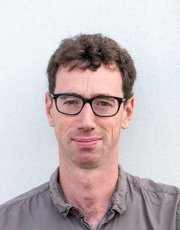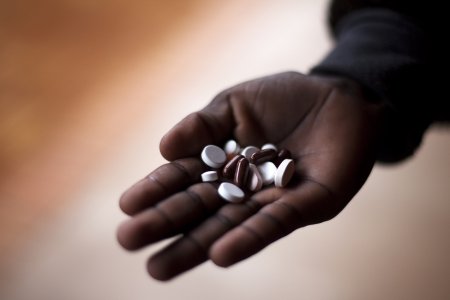
Doing Drugs – Video briefing on access to medicines
Natalie Roberts & Michaël Neuman
On 3rd and 4th February 2022, the CRASH organised a workshop aimed at the leaders, operational managers and members of MSF France, to shed light on the current debates on access to medicines, and to determine together which issues are the most relevant to resolve. In preparation for this workshop, the CRASH asked experts external to MSF to explain their vision of today’s pharmaceutical industry system, with subjects that ranged from pre-development to distribution, and included patents and quality-related issues.
The Covid-19 epidemic has brought back to the fore recurrent debates on the barriers to access to medicines, diagnostic tests and vaccines. MSF has been involved in these debates since 1996, leading the association to first launch the Campaign for Access to Essential Medicines (initially known as the CAME, now renamed the MSF Access Campaign) in 1999, and then to support the creation of the Drugs for Neglected Diseases initiative (DNDi) in 2003.
For some in the association, global systems, notably rules around intellectual property, are primarily responsible for the inequalities in access to medicines. Over the last decade MSF's public communications on the subject, led by the Access Campaign, have largely reflected this analysis. However, others question the impact of this approach, and the potential of a focus on campaigning for changes to global systems of patents and drug pricing to effectively address the problems faced by MSF teams and other practitioners in the fields where MSF works.
It is in this context that the CRASH has organised a workshop on access to medicines. Is access to medicines the same issue as it was when MSF first became interested in the mid-1990s? Rather than just concentrating on the obstacles to accessing medicines, should the debate be broadened to encompass what are now called 'health products' or even further, towards access to care and thus, structural problems of human resources, financing, or the absence of national health insurance policies?
The video briefing on access to medicines focuses on several subjects:
- Research and development - Dr. Nathalie Strub-Wourgaft, COVID-19 Response and Pandemic Preparedness Director, DNDi
- Linking industry to access to medicines: the Sanofi example – Dr. Robert Sebbag, Infectious Diseases Specialist at the hospital La Pitié-Salpêtrière in Paris
- The pharmaceutical economy – Nathalie Coutinet, Lecturer and researcher at the Sorbonne Paris Nord University, member of the Economistes Atterrés
- Intellectual property – Pascale Boulet, IP ad Access Leader, DNDi
- What is pharmaceutical development?– Dr. Stephen Robinson, Pharmaceutical Development Director, DNDi
- What do regulators do? - Bartholomew Dicky Akanmori, Regional Adviser for Vaccine Research and Regulation, WHO AFRO and Chair of AVAREF (African Vaccine Regulatory Forum)
- Distribution – Dr. Robert Sebbag, Infectious Diseases Specialist at the hospital La Pitié-Salpêtrière in Paris
We warmly thank all participants of the interviews.



